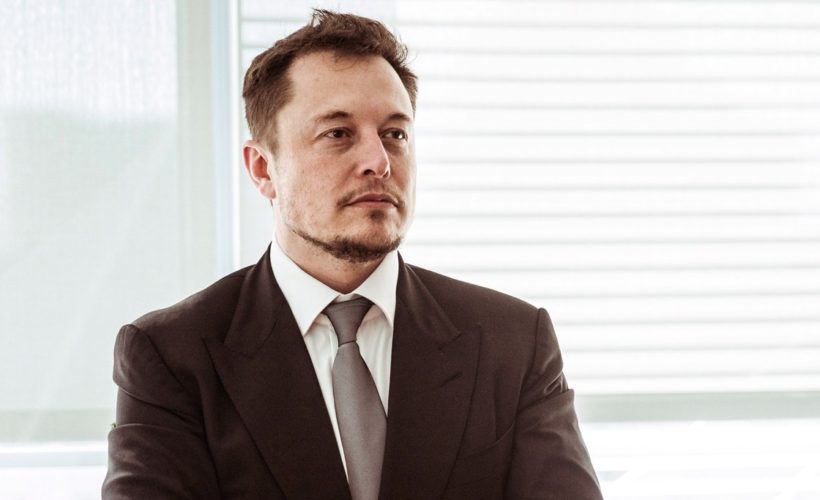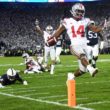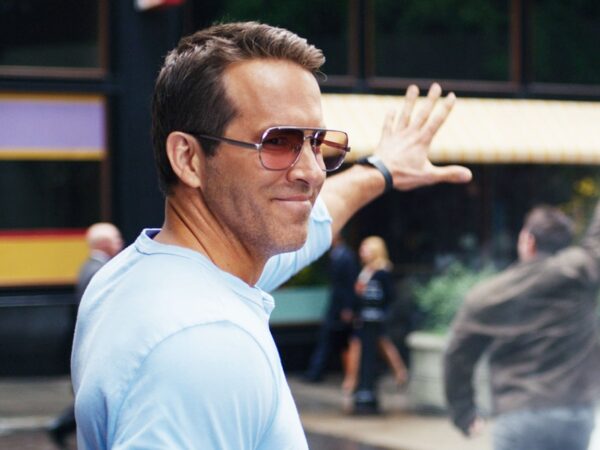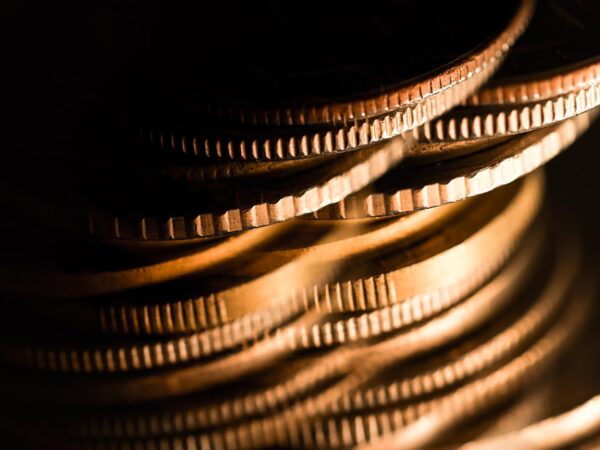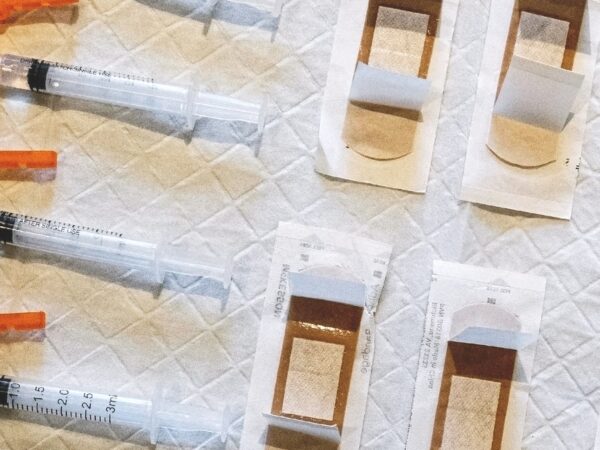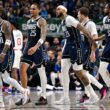In early August, Tesla CEO Elon Musk posted a fateful tweet: “Am considering taking Tesla private at $420. Funding secured.” On Saturday, two days after the US Securities and Exchange Commission filed a lawsuit against Tesla CEO Elon Musk for “false and misleading” statements made on Twitter, Musk, Tesla, and the feds reached a compromise—a settlement.
According to documents filed in a New York federal court, Musk and Tesla will have to each write $20 million checks for the misadventure, which will be disbursed to investors harmed during the wild market swings that occurred after Musk’s tweets. (Tesla announced in late August, 17 days after the tweet, that it would remain public.) The electric carmaker will appoint two additional independent members to its board. The company will have to keep firm oversight over Musk’s communications with investors—including by tweet. Most critically: Musk will have to step down from his role as Tesla chairperson for at least three years. He will remain on as the company’s CEO and will retain a seat on its board.
In reaching a settlement with the federal enforcement agency, Musk and the company seem to have reversed course. Last week, Tesla had reportedly been on the cusp of a settlement with the SEC, before backing out.
Despite that waffling, legal experts say the result could have been much, much worse for Musk and his car company, where he has served as chairperson since 2004 and CEO since 2008. “Frankly, I view this as somewhat favorable to Musk,” says Stephen Diamond, a professor of securities law and corporate governance at the Santa Clara University School of Law. “He remains CEO, he’s still the dominant stockholder in the company, and he still remains in place on the board.” (Musk owns about 22 percent of Tesla shares.)
By relinquishing his role as chairperson, Musk does lose his ability to call board meetings, as well as set their agendas. His replacement in that role, whom the SEC demands be “independent,” will break Musk’s symbolic grip on the company, at least a bit. (Indeed, a cadre of the company’s investors have been calling for Tesla to formally separate the roles of CEO and chairperson for years now.) “This will serve as a kind of check on the runaway power of Musk,” says Diamond. As CEO, Musk will retain his control over day-to-day operations of Tesla.
A major question looms: Who will the new chairperson be? Will that pick be a truly independent check on the impulsive Musk, praised often for his marketing prowess and inventiveness, but whose actions have occasionally proved destructive and expensive? Observers have long grumbled that Tesla’s board members are not nearly independent enough. (Brother Kimbal Musk is currently on the board for both Tesla and Musk’s SpaceX venture. Antonio Gracias, a founder of Valor Equity Partners, is a longtime friend of Musk’s and has invested in PayPal and Solar City.)
“If the new chairperson is somebody who is extraordinarily strong and someone who will stand up to Elon, then it will be a change in his life,” says Erik Gordon, a lawyer who studies entrepreneurship at the Ross School of Business at the University of Michigan. “If the person is as independent as the supposedly independent directors of Tesla, then it probably doesn’t change his life very much. He will dominate that chairperson in the way he has dominated his board.”
One big thing that will definitely change for Musk: The settlement instructs Tesla to “implement mandatory procedures and controls to oversee all of Elon Musk’s communications regarding the Company made in any format.” Including—you guessed it—Twitter. “The thing that will be both humiliating for Musk and good for him is that he will be the only CEO I have ever known who will have to get his communications approved before he makes them,” says Gordon. Expect this to be a particular bummer for Musk, who has built a reputation off his irreverent, goofy, startlingly transparent, and lawsuit-spurring social media posts. Professional tweet editors, polish up those resumes.
Not settling with the SEC could have led to a more dire outcome. The SEC’s initial suit sought to bar the CEO from becoming an officer or director for any public company, perhaps for life. A loss against the federal agency in court may have also made it difficult for Musk to raise money for his non-Tesla ventures: rocket-building SpaceX, neurotechnology company Neuralink, and infrastructure venture the Boring Company.
While the settlement neatly ties up Tesla’s current dealings with the SEC, the carmaker still has two more Twitter-related headaches. The first is the reported Department of Justice probe into the “funding secured” tweet, which is being investigated as a possible case of criminal fraud. The settlement here may not have any bearing on that investigation, legal experts say. The second is a series of class-action lawsuits filed by investors who say they lost big money in the market volatility following Musk’s August Twitter statements. Though the $40 million in fines will be used to mollify investors, legal experts expect the plaintiffs to push for even more funds. “Those lawsuits have always been the bigger risk to Musk and the company,” says Gordon.
More Great WIRED Stories
- How to build a floating bridge in 12 minutes
- The new YubiKey will help kill the password
- PHOTOS: Hilariously bored tourists from around the world
- The disastrous science behind disaster preparedness
- We gotta get a better battery. But how?
- Get even more of our inside scoops with our weekly Backchannel newsletter
Source:WIRED

